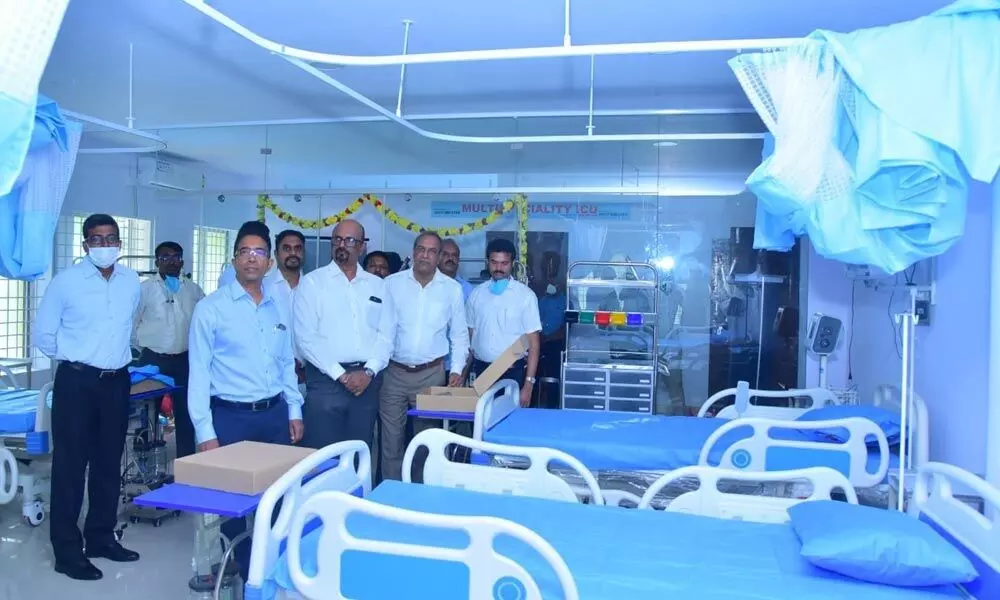Healthcare delivery today requires seamless financial operations to sustain quality patient care. Modern hospitals face growing operational costs while managing complex payment systems and insurance requirements. This makes strategic financial planning crucial for maintaining both clinical excellence and fiscal stability.
Revenue cycle management in Hospitals forms the backbone of sustainable healthcare operations, enabling facilities to optimize their financial performance while focusing on their primary mission of patient care. The systematic approach to managing claims, payments, and revenue generates predictable cash flows that support on-going hospital operations.
-
Streamlining payment processes
Implementing structured workflows for patient registration, insurance verification, and billing significantly reduces payment delays. Digital tools automate repetitive tasks, allowing staff to focus on complex cases requiring personal attention. This systematic approach ensures accurate documentation and timely submission of claims.

-
Enhancing patient experience
Clear financial communications and convenient payment options improve patient satisfaction. Providing cost estimates before procedures helps patients plan effectively. Digital payment portals and flexible payment plans make it easier for patients to fulfil their financial responsibilities.
-
Maximizing reimbursement accuracy
Detailed documentation and proper coding practices ensure hospitals receive appropriate compensation for services rendered. Regular audits identify potential gaps in documentation or coding that could affect reimbursement. Staff training on current billing requirements maintains high accuracy rates.
-
Data-driven decision making
Analytics tools provide insights into revenue patterns, helping identify areas for improvement. Performance metrics guide process refinement and resource allocation. Regular financial reporting enables proactive management of potential issues before they impact operations.
-
Regulatory compliance
Maintaining updated billing practices ensures alignment with healthcare regulations. Regular staff training on compliance requirements prevents costly errors. Documentation systems support audit readiness and regulatory reporting needs.
-
Technology integration
Modern healthcare management systems streamline financial operations through automation. Digital tools reduce manual errors and accelerate payment processing. Integration between clinical and financial systems ensures complete capture of billable services.
-
Staff empowerment
Training keeps staff current with industry best practices. Clear processes and guidelines enable confident decision-making. Regular feedback helps refine workflows and identify training needs.
-
Future planning
Financial stability enables long-term strategic planning for facility improvements. Predictable revenue streams support investment in new medical technologies. Data-backed forecasting guides expansion and service development decisions.
-
Cost management
Efficient revenue processes reduce administrative overhead expenses. Automation decreases the cost of managing claims and payments. Streamlined workflows maximize staff productivity while minimizing errors.
-
Quality improvement
Financial stability enables sustained investment in quality initiatives. Resource optimization supports maintaining high standards of care. Performance data guides targeted improvements in both clinical and administrative areas.
-
Measuring success
Key performance indicators track revenue cycle effectiveness. Regular benchmarking identifies areas for optimization. Data analytics support continuous process improvement.
-
Building sustainability
Strong financial management ensures long-term organizational stability. Efficient processes support scaling operations while controlling costs. Strategic planning aligns financial and clinical objectives for sustainable growth.
Implementing proper revenue management requires systematic planning and execution. Regular evaluation of processes, staff training, and technology utilization ensures optimal performance. This strategic approach to financial operations enables hospitals to maintain focus on their core mission – delivering excellent patient care.












